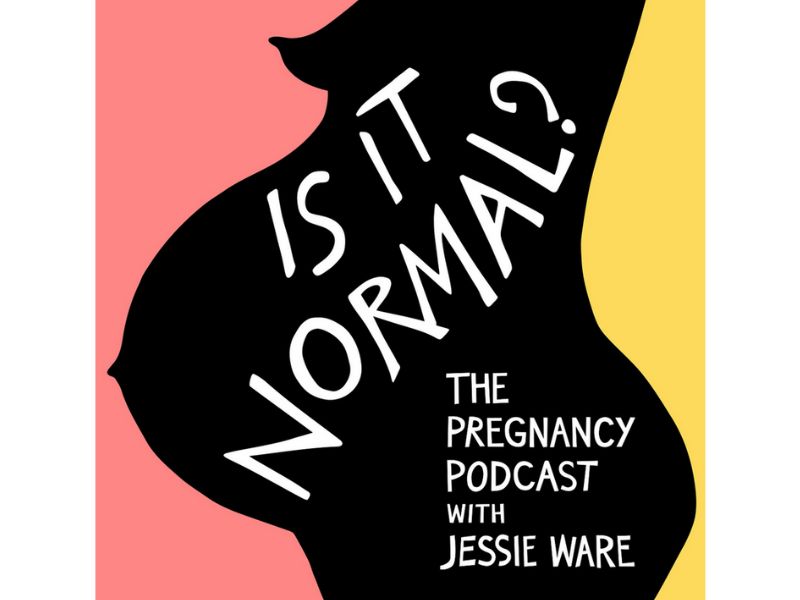The statement “money doesn’t bring happiness, freedom does” reflects a common perspective that emphasises the importance of personal freedom, autonomy and self-determination in achieving happiness.
This viewpoint suggests that having the freedom to make choices, pursue one’s passions and live life on one’s own terms is more conducive to happiness than simply accumulating wealth.
While there is some truth to this sentiment, it’s also important to recognise that the relationship between money, freedom and happiness is complex and can vary from person to person.
A few points to consider:
Basic needs: Money can indeed contribute to happiness by providing for basic needs such as food, shelter and healthcare. Without these essentials, it can be challenging to fully enjoy personal freedom.
Security: Financial stability can bring a sense of security, which in turn can lead to peace of mind and a higher quality of life. This security can provide a foundation upon which individuals can pursue their passions and exercise their freedom.
Choices and opportunities: Money can create opportunities and choices that might not be available otherwise. It can enable individuals to explore new experiences, travel, invest in education and engage in activities that enhance their overall wellbeing.
Materialism vs. experiences: The pursuit of material possessions alone might not lead to sustained happiness. Research suggests that spending money on experiences, relationships and activities that align with one’s values can contribute more to long-term happiness than simply accumulating wealth.
Adaptation: People tend to adapt to changes in their circumstances over time, including changes in income. This means that a significant increase in wealth might lead to an initial boost in happiness. That boost might diminish as individuals become accustomed to their new level of wealth.
Freedom from financial stress: Being free from financial stress and worries can positively impact mental and emotional wellbeing. Conversely, constant financial strain can be a source of unhappiness and limit one’s perceived freedom.
Social and cultural factors: Cultural and societal factors shape individual perceptions of happiness and freedom. In some societies, personal freedom may be highly valued, while financial success might be more emphasised in others.
Other factors, such as social connections, meaningful relationships, personal growth and a sense of purpose. These tend to have a stronger influence on overall happiness. People take satisfaction from experiences, positive relationships and a sense of accomplishment, which can’t always be directly purchased with money.
In conclusion, while money can certainly enhance certain aspects of our lives and provide a sense of security, it is ultimately the freedom to pursue our passions. To make meaningful choices and experience life on our own terms that bring about true happiness. This freedom encompasses the ability to connect with others, cultivate personal growth and contribute to the betterment of society. It empowers us to find joy in the simple moments. To explore the world around us and lead lives that align with our values and aspirations. Therefore, as we navigate the complexities of modern life, let us remember that money may play a role. It is the profound liberation of the human spirit through freedom that holds the key to genuine and lasting happiness.
What would you choose, money or freedom?









